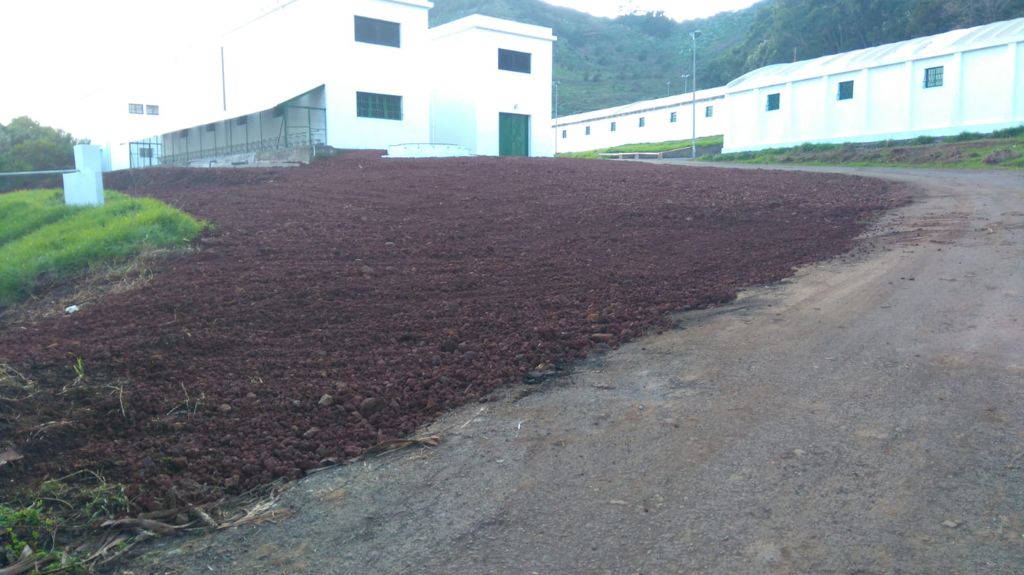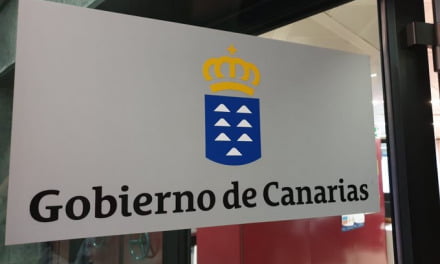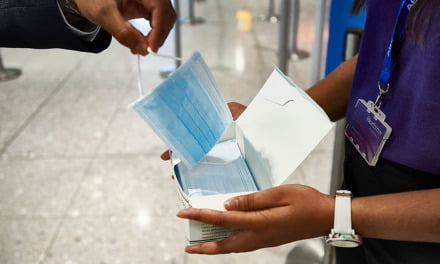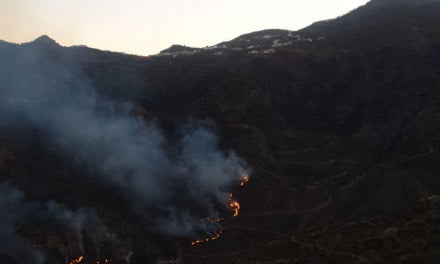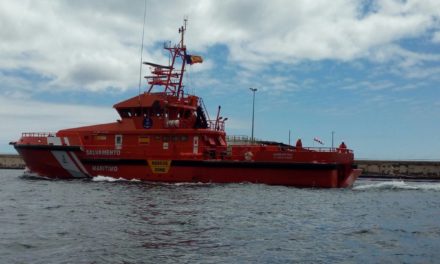Spain’s Ministry for Inclusion, Social Security and Migrations have announced the opening of a warehouse, ceded temporarily by Bankia to the central government, in the Las Palmas de Gran Canaria industrial estate of El Sebadal, next week, offering 500 places to accommodate migrant arrivals, to be managed by the Fundación Cruz Blanca. Several camps were announced in November, within the framework of what is known as the Canary Islands Plan, which is to be able to offer 7,000 bed spaces to accommodate migrant arrivals awaiting processing, on three islands: Gran Canaria (three camps), Tenerife (with two) and Fuerteventura (one), following the arrival of more than 23,000 individuals via the Atlantic Canary Route, throughout 2020.
This Friday a second camp for migrants on Tenerife has begun to operate, at the old Las Canteras military barracks, in La Laguna, providing 1,642 places, and managed by the International Organisation for Migration (IOM). The use of the space has been unblocked following months of wrangling with the City Council of La Laguna, which ordered a stoppage of the works because “they did not comply with urban law.” These obstacles have now been overcome.

The Canarias Plan camps and places (*expandable places in Las Raíces). Ministry of Inclusion, Social Security and Migration
The Migration Ministry have confirmed that the provision of these places now allows for the freeing up other accommodation facilities, such as hotels, “which temporarily served as an emergency reception resource.” And, “as the schedule is fulfilled, for referrals to all resources already operational within the Canary Islands Plan” so they will proceed “to the definitive closure of these temporary sites.”
In a statement, the Migrations ministry explained that up until February 15, 761 workers (437 direct care workers and 323 basic and auxiliary services employees) have been hired to manage the camps, a figure that will increase with the opening of the new sites. Specifically, they indicate that, on Tenerife, the public company Tragsa has hired 250 people and has required the services of a total of 65 companies to carry out the works at the Las Raices and Las Canteras sites.
On Tenerife, the Las Raíces macrocamp, 1,000m above sea level, began to receive migrants on February 5, when a hundred people were transferred, during a snow alert, when temperatures had dropped to just 8ºC. This led to initial refusals to enter. Since then, however, more than 600 people are now staying at this space with each of the tents sleeping at least a dozen people. There is a general lack of information about their future and the conditions at some of the reception centres have led migrants to organise protests outside this old army barracks.
Demonstrations have also taken place at a camp located in the old León school, in the capital of Gran Canaria, in a neighbourhood known as El Lasso, where migrants at one point held up banners to protest against the de facto blockade, and their fear of deportation. At the old Canarias 50 Regiment’s barracks, in the original neighbourhood of La Isleta, in the capital, heavy rains at one point caused sewage to flow right through accommodations and some of the people inside threatened to start a hunger strike. There have also been transfers to the El Matorral camp, on Fuerteventura, a space located on a plot of the old CIE Foreigners Internment Centre, which has capacity for a further 700 people.
The Ministry say they have ensured that all operations have been overseen by the European Asylum Support Office (EASO), “which has supervised strict compliance with international reception standards.” In addition, in November they provided “a unit dedicated exclusively to migration coordination on the islands, in order to carry out continuous monitoring.”
During this last week of February, the General Director for Inclusion and Humanitarian Attention, María Teresa Pacheco, visited Gran Canaria, Tenerife and Fuerteventura, and held meetings with Spain’s Government delegate in the Canary Islands, Anselmo Pestana, with local entities, NGO managers of resources and neighbourhood associations.

